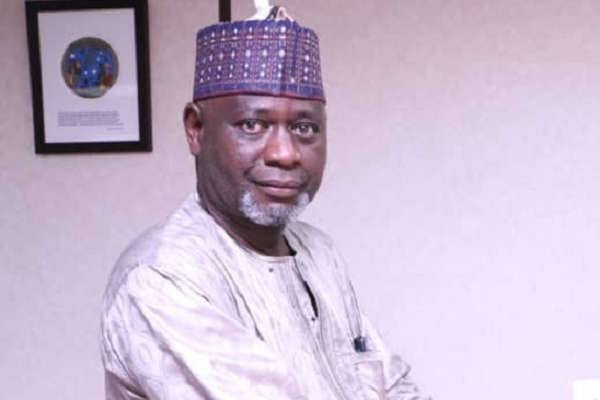The Nigerian Federal Government is taking proactive steps to eliminate the recurring issue of drug shortages within the country. Professor Mohammed Sambo, the Director-General of the National Health Insurance Authority (NHIA), made this significant announcement during a press conference in Abuja, in collaboration with the National Agency for Food and Drug Administration and Control (NAFDAC).
The primary objective of this initiative is to introduce a system of branding for medicines and health products. By doing so, the government aims to ensure the availability of affordable, reliable, accessible, and high-quality medicines and healthcare products. This initiative also seeks to boost the production of top-tier medicines, instilling confidence in users.
Professor Sambo clarified that the NHIA has been actively collaborating with various stakeholders, including pharmaceutical manufacturers and companies. This collaboration is a vital component of its rebranding efforts designed to address and eventually eliminate the issue of drug shortages. To oversee this initiative, Professor Mohammed Sambo has established the Medicines Supply Implementation Committee in partnership with relevant stakeholders.
In its initial phase, twelve pharmaceutical companies have been selected to brand thirty-three products for the health insurance ecosystem. The pilot phase will be implemented in seven states, including Delta, Enugu, Gombe, Jigawa, Niger, Osun, Sokoto, and the Federal Capital Territory (FCT).
Professor Sambo noted, “I inaugurated the NHIA Medicines Supply Committee on Feb. 19, 2020. The committee submitted its report in June 2020 and adopted branding of NHIA medicines and other health products to ensure the quality of its medicines. This initiative is geared towards the strengthening of local pharmaceutical manufacturers, which will ultimately guarantee medicine security. It will help to reduce the cost of medicines, especially that of intravenous fluids, which could see a reduction of up to 50 percent of the current market price based on NHIA negotiations with the manufacturers, all while maintaining standards and quality.”
He further requested that NAFDAC grant pharmaceutical companies a waiver to include the NHIA logo on their drug packaging. This request aims to prevent the additional cost from being passed on to the end user. He also proposed the approval of collaborative post-market surveillance by NHIA and NAFDAC.
Professor Mojisola Adeyeye, the Director-General of NAFDAC, emphasized the importance of the collaboration between the two agencies. This partnership is focused on regulating and controlling the importation, exportation, production, advertising, distribution, sale, and use of various items, including food, drugs, cosmetics, medical devices, packaged water, detergents, and chemicals.
Adeyeye highlighted that the government has recently introduced operational guidelines for the 2022 National Health Insurance Authority Act. The aim is to provide affordable healthcare services to all Nigerians and foster universal health coverage.
She pointed out that NAFDAC has joined hands with NHIA to ensure sustainable access to affordable, high-quality medicines for all citizens. The government’s Executive Order 3 (EO3), which promotes local content in public procurement, mandates the branding of 33 drugs with NHIA labels.
Additionally, NAFDAC, through its Directorate of Registration and Regulatory Affairs, will ensure that these medicines are appropriately and adequately labeled in accordance with the Agency’s labeling standards and NHIA guidelines. Adeyeye affirmed NAFDAC’s commitment to fulfilling the terms outlined in Executive Order 3 (EO3) and achieving Universal Health Coverage, as specified in the National Drug Policy.




